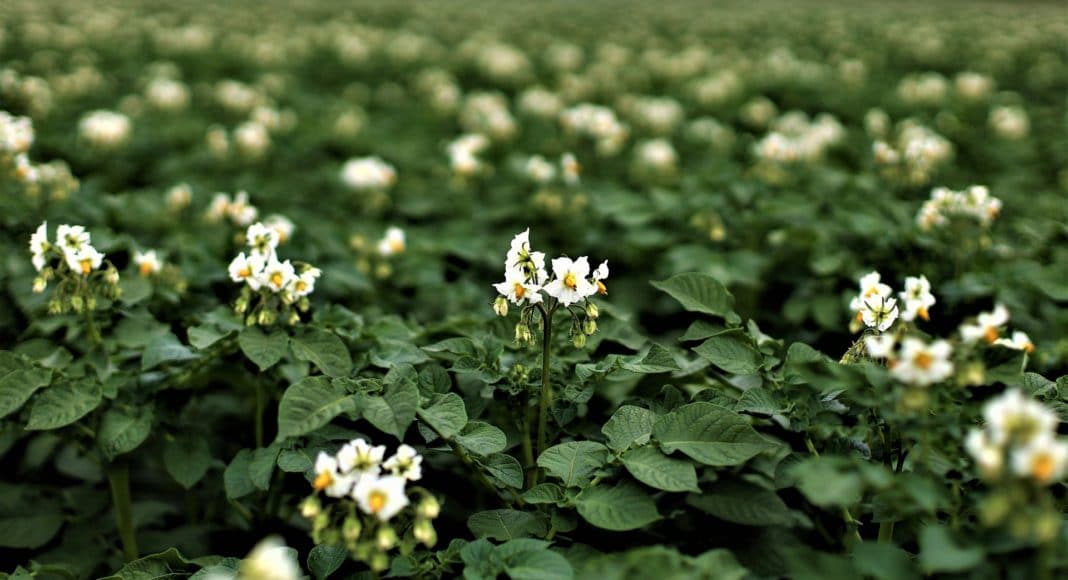Quick quiz, in the last week, how many times have you heard or read ‘sustainability’ in relation to agriculture or food? Five years ago, we barely discussed the concept. Today, it’s one of the biggest buzz words in agriculture — front and centre on food labels and product marketing campaigns, filling page after page in trade magazines, top of the topic list at every ag conference. Sustainability is officially here and it’s only getting bigger. If you’re not already thinking sustainability both throughout your potatoes’ growing and storage seasons, you may soon be forced to play catch-up.
While everyone talks about sustainable agriculture, not everyone can easily define it. In a nutshell, sustainable agriculture is a set of farming practices that prioritizes the long-term. Specifically, it’s the production of crops and livestock in ways which meet food and fibre needs, preserve the environment, make efficient use of resources, and achieve the economic viability of farm businesses.
Consumers resonate with the sustainability concept and are asking retailers and processors to deliver. In turn – no surprise – retailers and processors are pushing those demands down the line to producers: increasingly expecting farmers to prove greener, more efficient, more natural, longer-thinking production methods.
So far, interest in sustainable potato production has focused mostly on a crop’s management in-field rather than in storage. However, as pressure to improve sustainability keeps building, farmers should expect increasing attention to their storage methods too.
North America is unlikely to follow the EU’s lead on legislating the non-renewal of CIPC. That said, I do expect big consumers of french fries and table potatoes to at some point start forcing a move towards greener sprout control chemicals: specifically, DMN (1,4-dimethylnaphthalene). In addition to being a biochemical, DMN also produces indirect environmental benefit by ‘switching on’ water retention and other health maintaining genes in the potato. More water inside each tuber means a healthier potato, which can reduce refrigeration requirements and storage’s total carbon footprint.
Sustainability isn’t just about environmental responsibility — it’s about sustaining the economic and operational viability of farms as well. Unlike CIPC, DMN doesn’t contaminate storage structures. This means DMN allows a producer to shift between processing, table and seed production, sustaining multiple options into the farming future.
As an industry, we tend to see new consumer demands as additional burdens hefted onto the backs of already over-stretched farmers. But maybe sustainability is different. We all want to pass on a healthy, economically viable ag industry to future generations — making small changes towards more sustainable operations might help us do just that.








